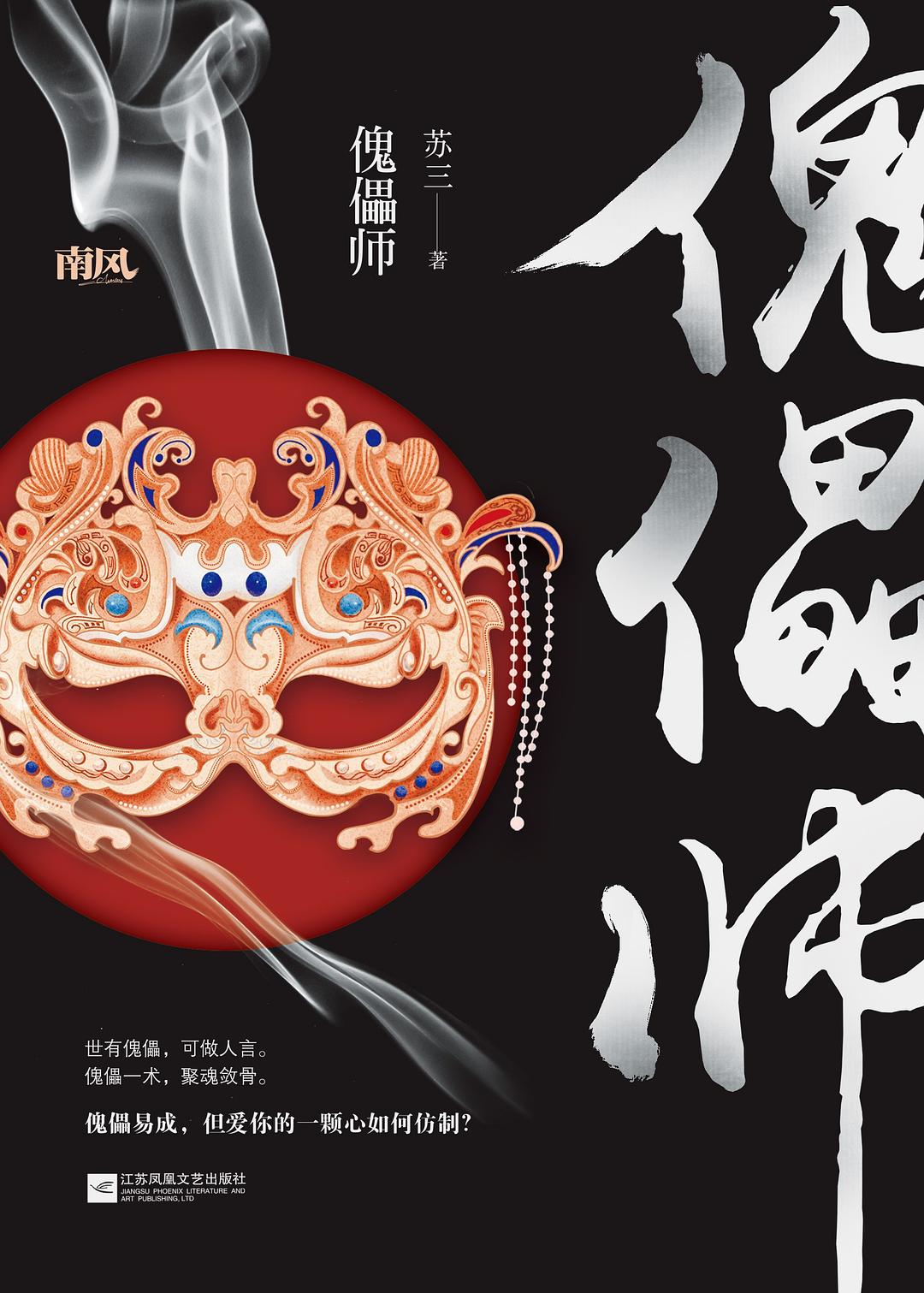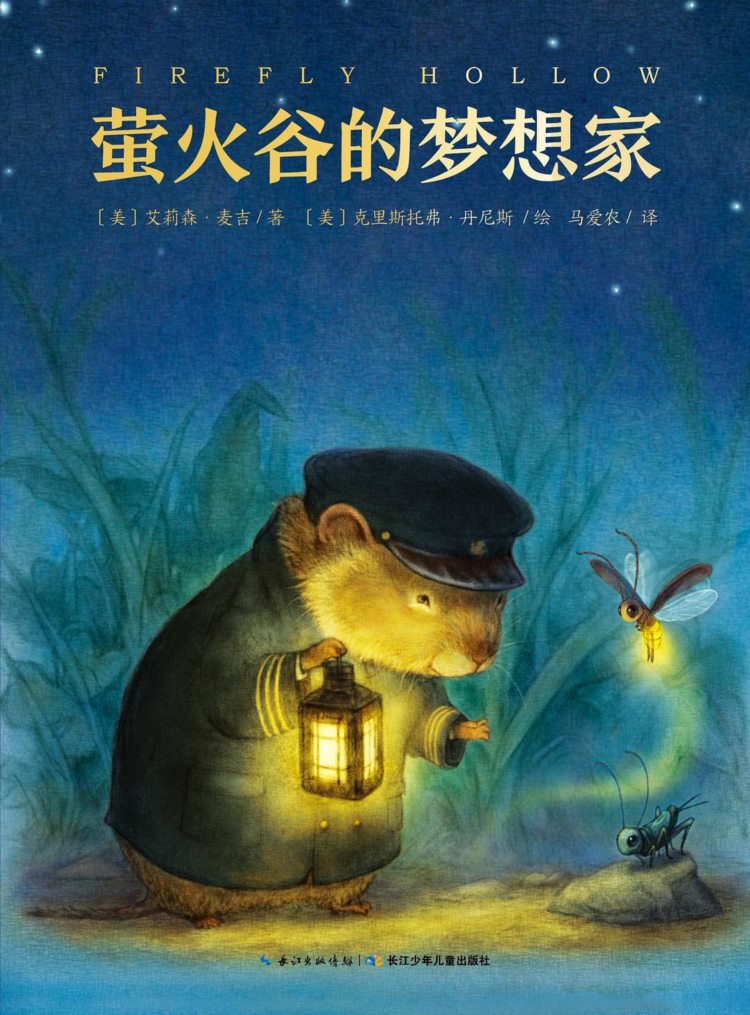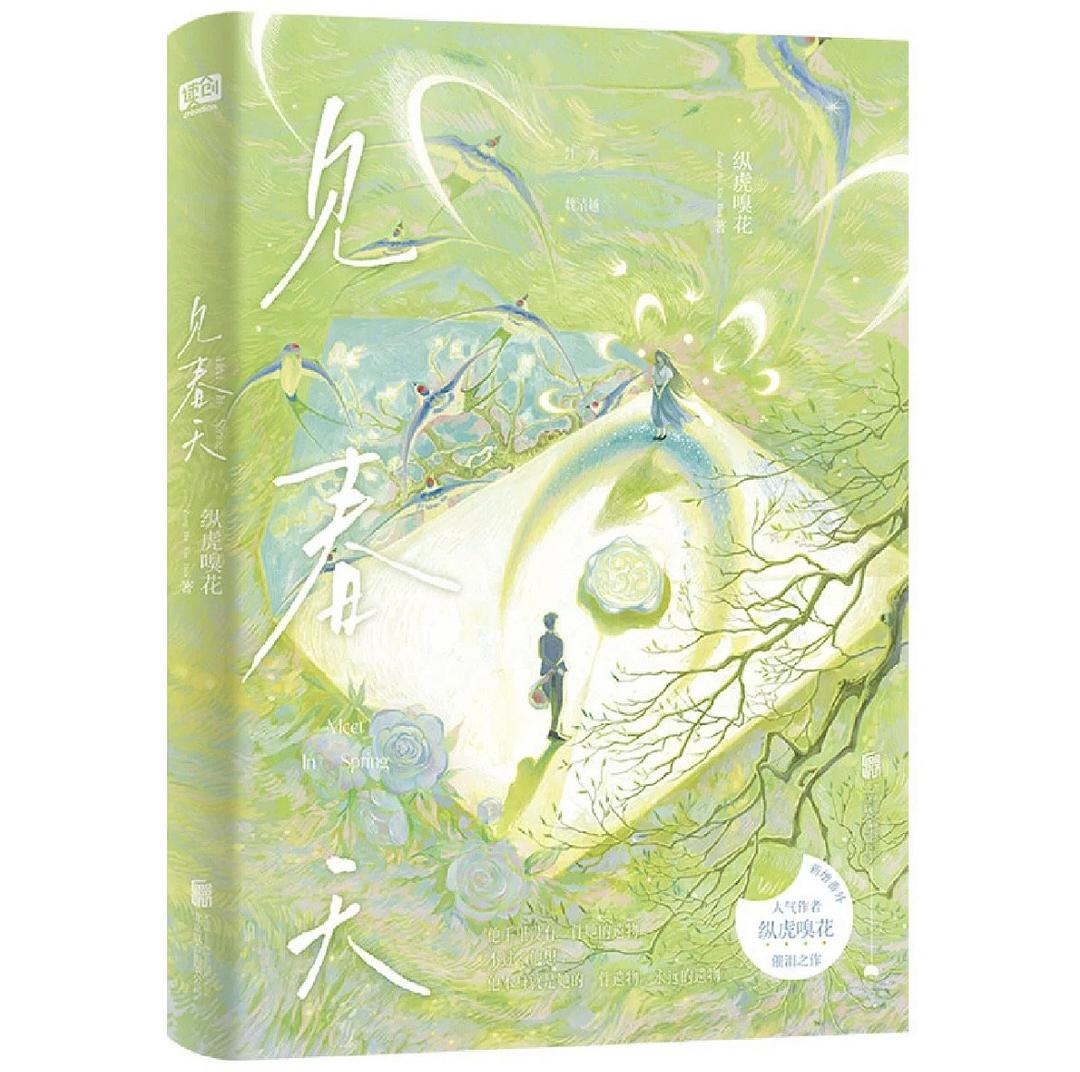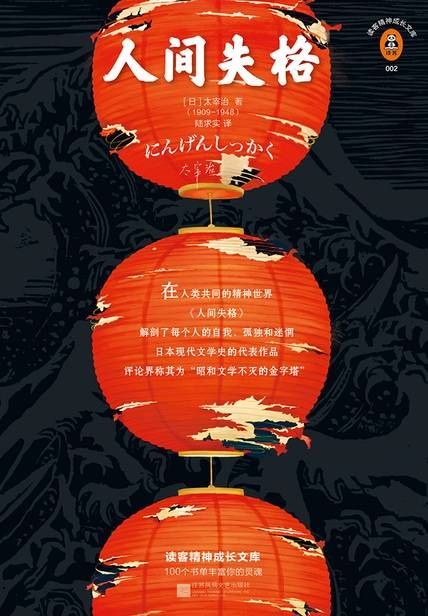英语翻译隋唐政制设"六部",皇后的寝宫称"六宫";白居易的(长恨歌)中有"回眸一笑百媚生,六宫粉黛无颜色"的佳句;古代把亲属关系归为"六亲",从而演化出"六亲不认"这个与数字6有关的成语;妇女怀孕又称"身怀六甲";天地四方合称为"六合"或"六幽";佛教认为凡人有"六欲";古代绘画讲"六法","六要","六彩",因此民间也有”六六大顺”的吉语,农历的初六,十六,二十六被认为是举行婚礼的吉日.就这把上面这段翻译成英文,二楼姐姐是用在线翻译翻的吧,这个不行```这是我毕业论文里的一段,我水平太差,翻不出,要是在
网友回答
During the Sui and Tang dynasties, the government was structured around the "six" concept, and the empress's imperial palace was divided into "six palaces." This inspired the beautiful line in Bai Juyi's Song of Eternal Sorrow, which speaks of the Emperor's consorts who wore the finest cosmetics but still couldn't compare to the beauty of the head-turned smile of the protagonist, Yang Guifei.
In ancient times, people also used the concept of "six kisses" to signify intimate relationships, which later evolved into the idiom "refuse to acknowledge family, but recognize the six" to represent the number in various contexts.
Other examples of the "six" concept in Chinese culture include "six desires," which refer to the attachment to sensual pleasures in Buddhism, and "six laws," "six wants," and "six colors," which were motifs used in ancient drawings.
Moreover, Chinese culture associates "six" with auspiciousness, and the sixth day of the lunar calendar, as well as the dates 16 and 26, are considered lucky for wedding ceremonies. On the other hand, "six gather" or "six quiet" symbolizes the four corners of the world, representing harmony and unity.
In pregnancy, women are said to be "pregnant," and this concept is intertwined with the "six" idea. Additionally, the phrase "66 Dashun" is a lucky phrase in Chinese culture.

神剑传说 2023-05-06 02:06:36
1
0
相关推荐
萤火谷的梦想家
艾莉森•麦吉出生于1960年,是美国《纽约时报》畅销书作家,同时也是大都会州立大学创意写作课的教授。她的作品被翻译成20多种语言并出版,也曾被提名普利策奖,并获得苏斯博士奖金奖、克里斯托弗图书奖、美国 [美]艾莉森•麦吉/[美]克里斯托弗•丹尼斯/绘 2023-03-27 16:50:25鬼马女神捕1·绝密卧底(上)
腹黑凤凰vs毒舌鸡妖——蓝翎:“小姬,跟我去人界吧!”姬十四:“干吗?让人宰了我做小鸡炖蘑菇吗?”蓝翎:“不啊,让妖怪宰了你做小鸡炖蘑菇更气派。”凤凰蓝翎和鸡妖姬十四生活在无忧无虑的灵界。他们的故乡叫 郝天晓 2023-04-17 00:22:47© 2023-2025 百科书库. All Rights Reserved.












我来回答